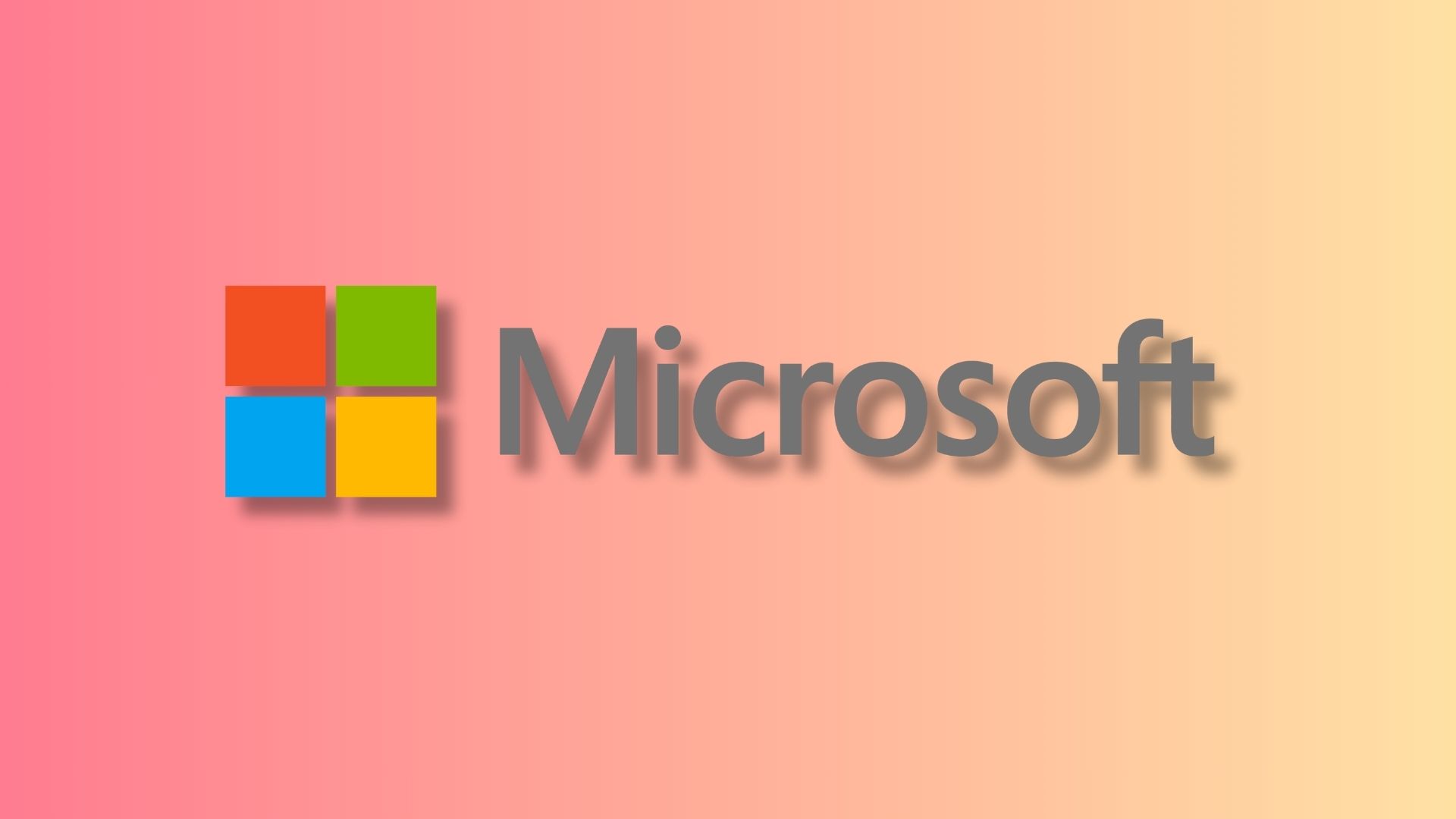Institutions, researchers, and media organisations in the EU are intensifying efforts to use AI to counter disinformation, even as concerns grow about the wider impact on media freedom and public trust.
Confidence in journalism has fallen sharply across the EU, a trend made more severe by the rapid deployment of AI systems that reshape how information circulates online.
Brussels is attempting to respond with a mix of regulation and strategic investment. The EU’s AI Act is entering its implementation phase, supported by the AI Continent Action Plan and the Apply AI Strategy, both introduced in 2025 to improve competitiveness while protecting rights.
Yet manipulation campaigns continue to spread false narratives across platforms in multiple languages, placing pressure on journalists, fact-checkers and regulators to act with greater speed and precision.
Within such an environment, AI4TRUST has emerged as a prominent Horizon Europe initiative. The consortium is developing an integrated platform that detects disinformation signals, verifies content, and maps information flows for professionals who need real-time insight.
Partners stress the need for tools that strengthen human judgment instead of replacing it, particularly as synthetic media accelerates and shared realities become more fragile.
Experts speaking in Brussels warned that traditional fact-checking cannot absorb the scale of modern manipulation. They highlighted the geopolitical risks created by automated messaging and deepfakes, and argued for transparent, accountable systems tailored to user needs.
European officials emphasised that multiple tools will be required, supported by collaboration across institutions and sustained regulatory frameworks that defend democratic resilience.
Would you like to learn more about AI, tech and digital diplomacy? If so, ask our Diplo chatbot!










